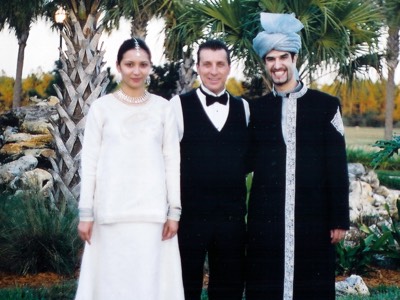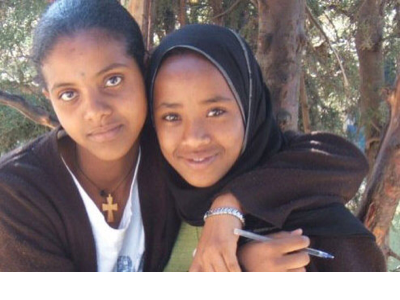Sign up for FlowVella
Sign up with FacebookAlready have an account? Sign in now
By registering you are agreeing to our
Terms of Service
Loading Flow

Islam Church Leaders & Members
Islam does not have an ordained clergy with authority over rites and rituals. Any Muslim with sufficient knowledge may lead prayers or perform rituals such as weddings or funerals. In the early years of Islam, learned members of the mosque led the prayers and gave the Friday sermon. They were called imams—literally, those who stand in front. They also taught the basics of Quran and family law, and led the prayers at weddings and funerals. In some places, this job is still done without stipend and shared by several members of the mosque congregation, but in the larger mosques, a full-time imam performs all these duties, and in addition administers schools and Islamic centers, visits the sick, and helps engaged couples prepare for their weddings
The Arabic term for the unified community of Muslim believers is ummah wahidah, often simply shortened to ummah. It is the idea of an imagined worldwide community of Muslims united in submission to God. Islamic doctrine teaches that membership in the ummah should transcend geographical, cultural, tribal, and ethnic boundaries. However, recent polling has showed that Muslims' faith is equally important to their nationality or culture. All believers in the ummah are equal, and all members of the ummah are called upon to support, assist, and protect each other.

